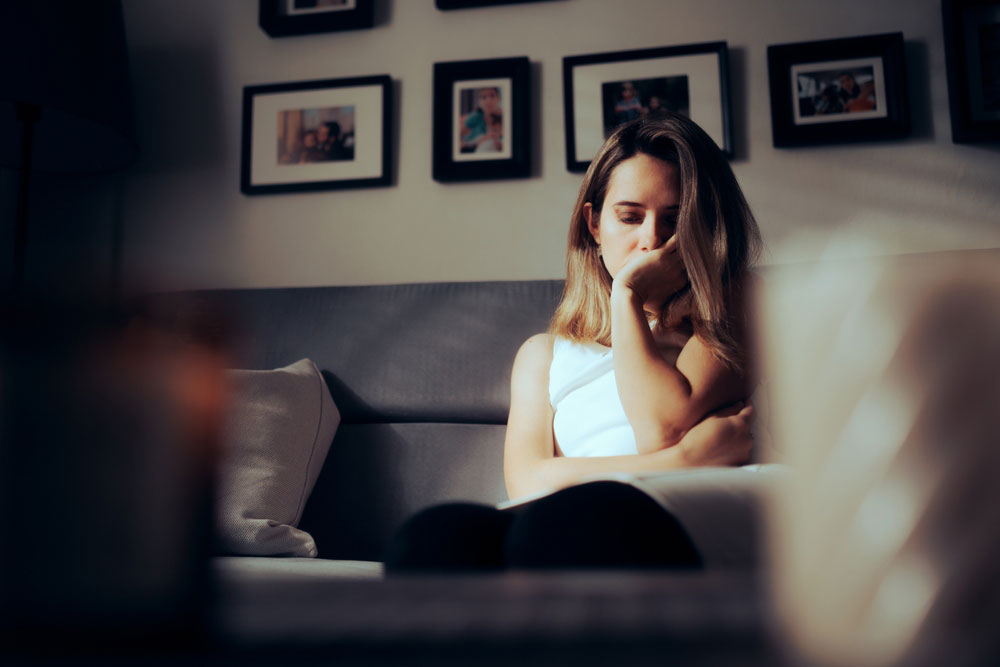While many people welcome the changing seasons with open arms, the transition can spark a heightened state of stress and unease for those with anxiety disorders. Unlike seasonal depression, which typically involves several months of low mood, increased fatigue and an inability to take pleasure in life, seasonal anxiety brings increased feelings of nervousness and worry that may coincide with the colder, darker months – especially during the holiday season.
Seasonal Anxiety vs. Seasonal Depression
While seasonal changes influence both these conditions, they present different symptoms.
- Though seasonal depression can also happen in spring and summer, it is much more likely to occur in fall and winter, when there is less natural sunlight. Characteristics include fatigue, sadness, hopelessness and social withdrawal.
- Seasonal anxiety may spike during significant changes or events, including the transition into the holidays. Symptoms typically involve heightened worry about upcoming events, disrupted routines or the stress of family gatherings and expectations.
In California, which is fortunate to have mild and sunny weather year-round, your seasonal anxiety might stem more from the changes and expectations associated with this time of year, such as holiday preparations and annual traditions.
Healthy Ways to Manage Anxiety
If you struggle with seasonal anxiety, here are practical tips and coping strategies to help you control your symptoms and enjoy this time of year more.
- Stay active: Having a workout routine is crucial, especially during colder months. Exercise releases endorphins – brain chemicals that are natural painkillers and mood elevators. Indoor activities like yoga and Pilates can be especially beneficial. If you have the space, you can buy equipment like a stationary bike or resistance bands to create a small home gym.
- Light therapy: Exposure to bright light can be effective if you experience anxiety due to reduced daylight hours. Sit near a light therapy box that simulates natural sunlight to regulate your mood and improve your sleep patterns.
- Maintain a routine: Keeping a consistent daily schedule provides a comforting sense of stability and predictability. Try to sleep, eat and work out around the same times every day to anchor you.
- Mindfulness and meditation: These practices allow you to stay grounded and present, reducing feelings of anxiety by focusing on the here and now rather than on future worries or past regrets. Techniques such as deep breathing exercises or reciting a calming mantra can significantly reduce your anxiety levels.
- Work with a therapist: Learn to recognize your anxiety symptoms and seek professional help if you have trouble managing them on your own. A trained therapist can give you valuable advice for improving your mental well-being.
Transform Your Life With Family-Owned Care
Seeking help is a sign of strength when your mental health challenges become overwhelming. At New Found Life, we understand how frequently anxiety, depression and related disorders overlap with substance abuse, and we offer personalized programming to treat dual diagnoses. Evidence-based therapies can be an invaluable resource for reducing negativity, learning to cope with life’s challenges and growing as a person.
As we move into the holidays, remember not to let anxiety overshadow the joys of the season. Connect with us today to learn more about our continuum of care and verify your insurance coverage.

